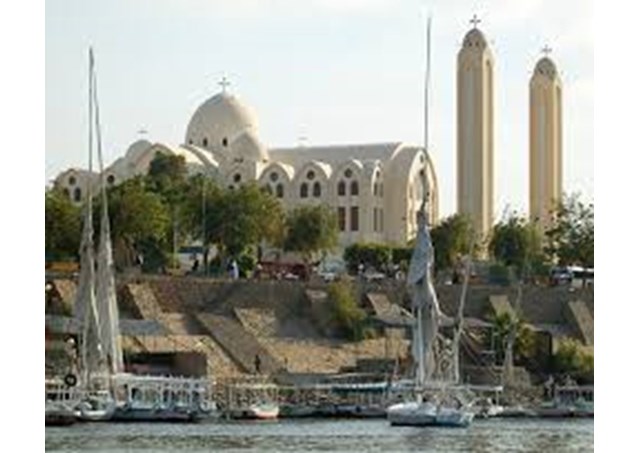
Oriental Orthodox-Catholic meeting concludes in Rome

(Vatican Radio) The International Joint Commission for the Theological Dialogue between the Catholic Church and the Oriental Orthodox Churches concluded its work Friday in Rome. Their week-long discussions dealt with expressions of communion in the Early Church and ended with an audience with Pope Francis.
Speaking with Vatican Radio, Fr Mark Sheridan, a Benedictine monk now based in Jerusalem, has been a member of the dialogue since the first meeting in 2004. He explained the dialogue deals with the Orthodox Churches of the Coptic, Armenian, Syriac, Indian, Ethiopian, and Eritrean traditions and the Catholic Church. “These are the churches who did not accept the statements of the council of Chalcedon in 5th century that professed that Christ was one person with two natures, a human and divine”, he said.
A separate dialogue deals with relations between the Orthodox Churches of the Byzantine tradition.
Fr Sheridan commented on the Pope’s most recent statements regarding ecumenical dialogue. “One could get lost in the things that are not of the greatest importance. This is a very wise observation [on the Pope’s part]. We, in the Catholic Church, distinguish between a hierarchy of doctrines and teachings. there can be great variety in expression of teaching while agreeing on the basics,” he said.
Fr Sheridan noted two important statements of the pope during his discourse in the Church of St. George in Istanbul, that the Catholic Church did not seek subordination of the other churches. He also said the only terms of reunion would be the acceptance of the creed.
The commission completed a document this week entitled, “The Exercise of Communion in the Life of the Early Church and its Implications for our Search for Communion Today” and presented the document to Pope Francis. Summarizing the document, Fr Sheridan noted six ways that the Early Church communicated and expressed communion in the first five centuries, including letters and visits both formal and informal, synods and councils, prayer, a shared veneration of common martyrs and saints, the spread of monasticism, and pilgrimages.
“In all these Churches, there was a great deal of communication and sharing”, he said.
Fr Sheridan said the members of the joint commission e want the public to know about their work. “All these Churches are very important in the history and diffusion of Christianity. In the Catholic Church there is not just the Latin Church, we also have also [Eastern] Catholic Churches…the Church is a many-splendored thing and its splendor is reflected in all of these Churches. We are working for Christian unity and would like the rest of the Church to know about it.”
Listen to the report by Andrew Summerson:
| All the contents on this site are copyrighted ©. |


